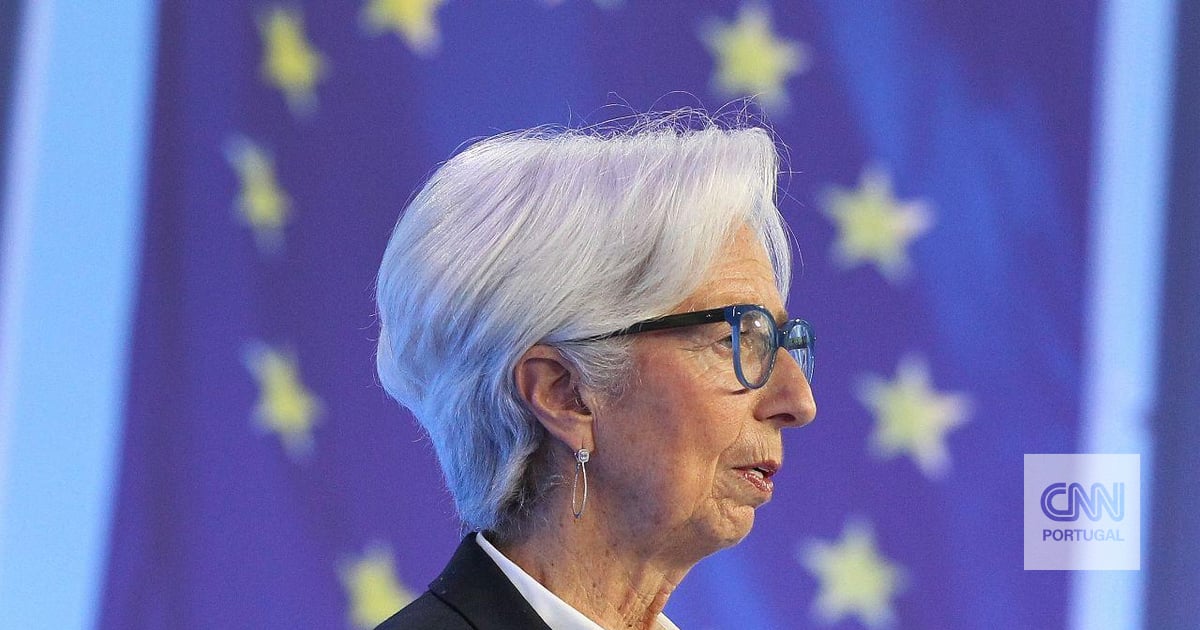The ECB chief defends that it is necessary for companies to “absorb the increase in labor costs into profit margins”, in order to bring inflation back to the 2% target.
The head of the European Central Bank (ECB) warns that it is essential to raise interest rates to “sufficiently restrictive” levels and maintain them “as long as necessary”. Christine Lagarde’s comments were made on Tuesday at the opening discussions of the European Central Bank’s forum in Sintra.
Christine Lagarde highlights the contribution of maintaining corporate profit margins, noting that it was responsible for “two-thirds of domestic inflation in 2022,” a process that is still declining. Now, the next phase of price control focuses on wages, whose impact on inflation is greater because of lower productivity, warns Lagarde.
Christine Lagarde begins by noting that elements of policy direction “will be essential” to set interest rates at a constrained level for the necessary time. He reiterates that “both components are affected by uncertainty about the persistence of inflation and the strength of monetary policy’s transition to inflation.”
The leader of the eurozone central bank notes that inflation in the single currency is still far from the 2% target set by the European Central Bank as a reference for the balance of the economy, but despite this, it is slowing down, mainly as a result of the energy price correction.
Thus, we entered the “second stage of the inflationary process”, which “begins to strengthen.” In this second stage of the inflationary process, as described by Lagarde, there is a process of “recovery” of wages after workers have suffered “significant declines in real wages”. “This puts pressure on other measures of core inflation that capture more domestic price pressures – notably measures of wage-sensitive inflation and domestic inflation,” warns the ECB chief.
This process will take place over several years, bearing in mind that wage negotiations in many European countries are multi-year. “In the latest projections, we expect wages to grow by another 14% by the end of 2025 and to fully regain the pre-pandemic level in real terms,” notes Lagarde.
In this context of rising wages, there continues to be a decline in productivity, which raises labor costs. It is therefore necessary for companies to “absorb the increase in labor costs at the margin,” and for this, “we need more consistent policies, which produce constraints and maintain them so that we can make sure that this second phase is resolved,” he concludes.
The head of the European Central Bank says the fight against inflation must continue, although some progress has already been made. “But we still can’t declare victory,” he warns, warning that rates will continue to rise.
Lagarde did not want to use this rhetoric to signal future decisions, but she did reinforce that interest rates will rise again in July, if there are no “fundamental changes”. Decisions will be based on the evolution of the data, but rates will remain at the “constrained level” for some time, he notes.

“Wannabe internet buff. Future teen idol. Hardcore zombie guru. Gamer. Avid creator. Entrepreneur. Bacon ninja.”

